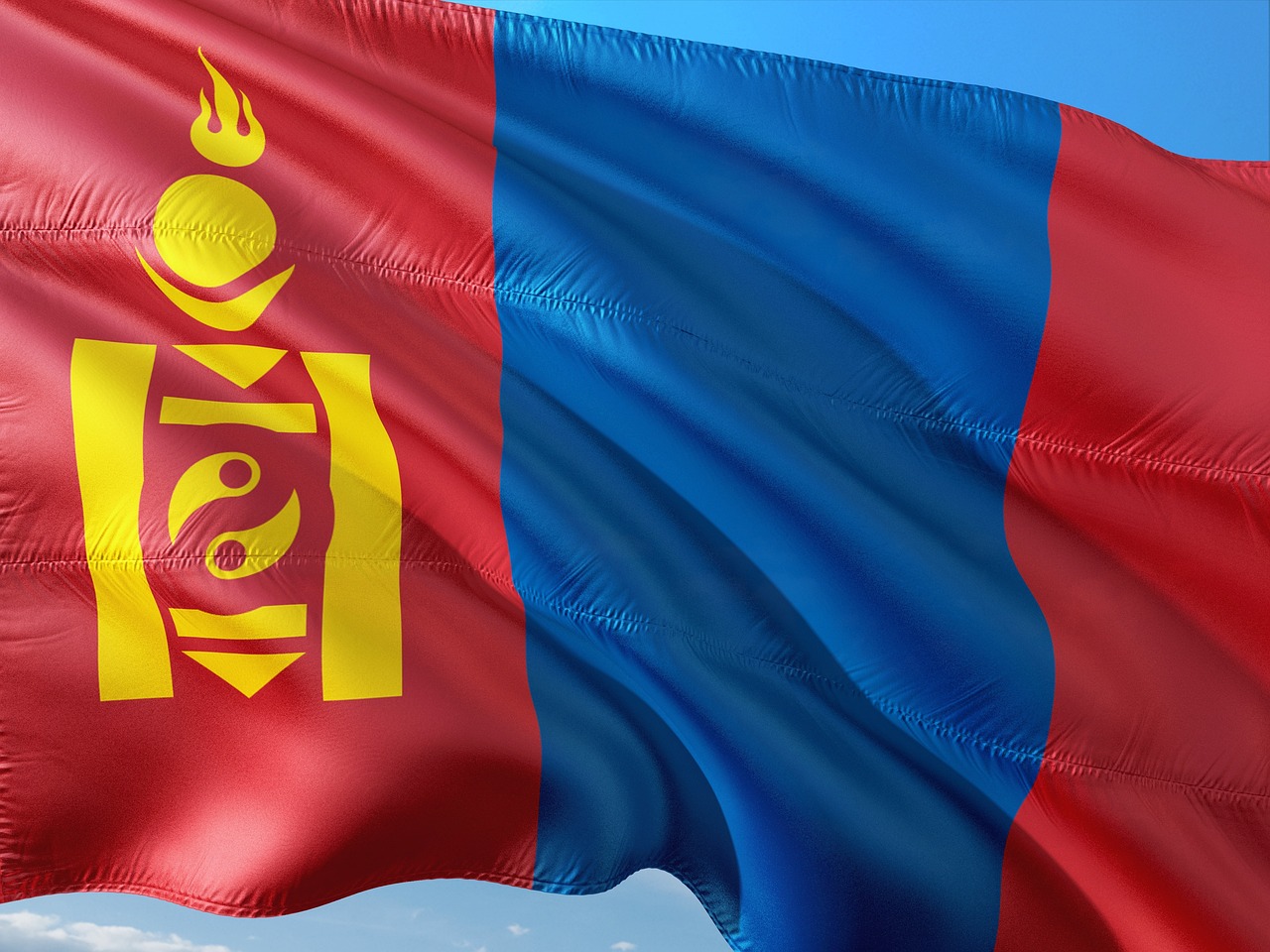By Bolor Lkhaajav, 1 June 2023

Flag of Mongolia (photo credit: jorono via pixabay)
On May 31, the Mongolian parliament passed a major constitutional reform to enlarge the legislative body from 76 members to 126. The change will impact Mongolia’s electoral system and representative democracy at large. The proposal to increase the number of legislators to either 152 or 126 has been the subject of a prolonged legal debate among Mongolian leaders. [...] The newly passed reform incorporates a mixed electoral system: 78 members of the State Great Khural will be elected by majority vote in a dedicated constituency, and the remaining 48 members will be elected by proportional representation. The hope with the mixed electoral system is that there will be more opportunities for civil society to have representation. [...] The reforms passed Mongolia’s parliament easily, by a vote of 62-6. [...] [T]his constitutional reform aims to strengthen the legislators’ service to their constituencies by reducing the average number of voters represented by each lawmaker. [...] The goal of the overhaul is to “bring parliamentarians closer to the people they are elected to service, as well as enhancing the scrutiny given to new laws,” according to the government’s summary. [...] [The] constitutional reform [also] touches on the balance of power between the legislative and the executive branch [by limiting parliament's influence on the executive branch]. [...] The Mongolian government is supposed to soon introduce a separate proposal to “increase the representation of women in the parliament,” it said in a statement.
Read the full article here:
The Diplomat
